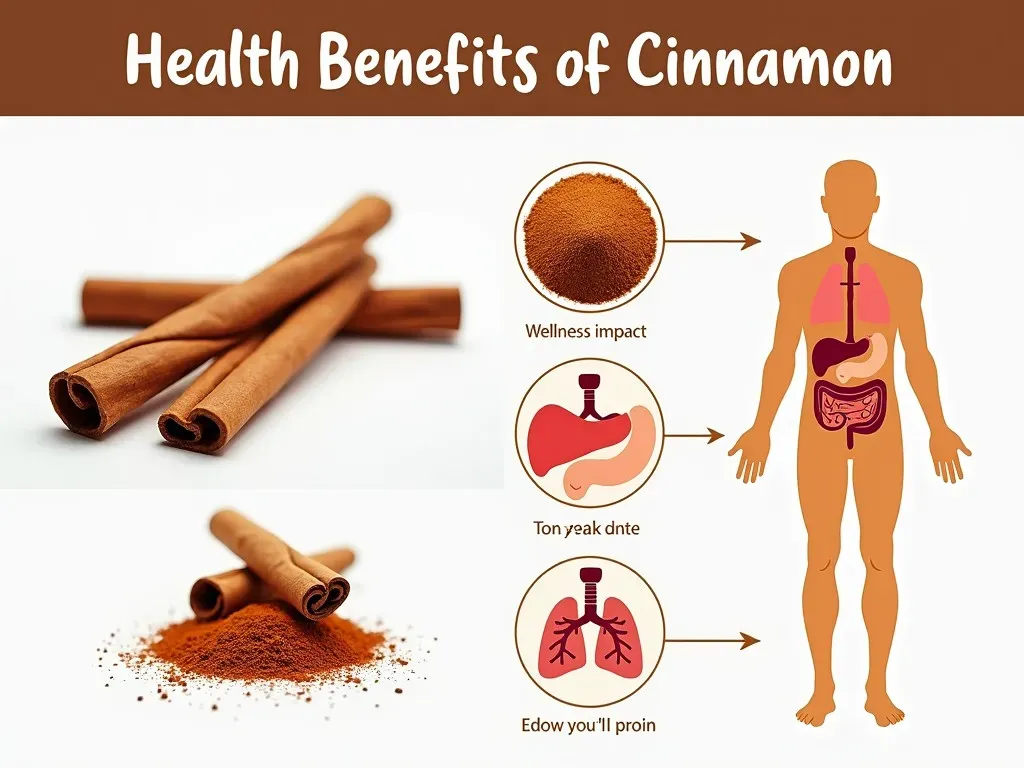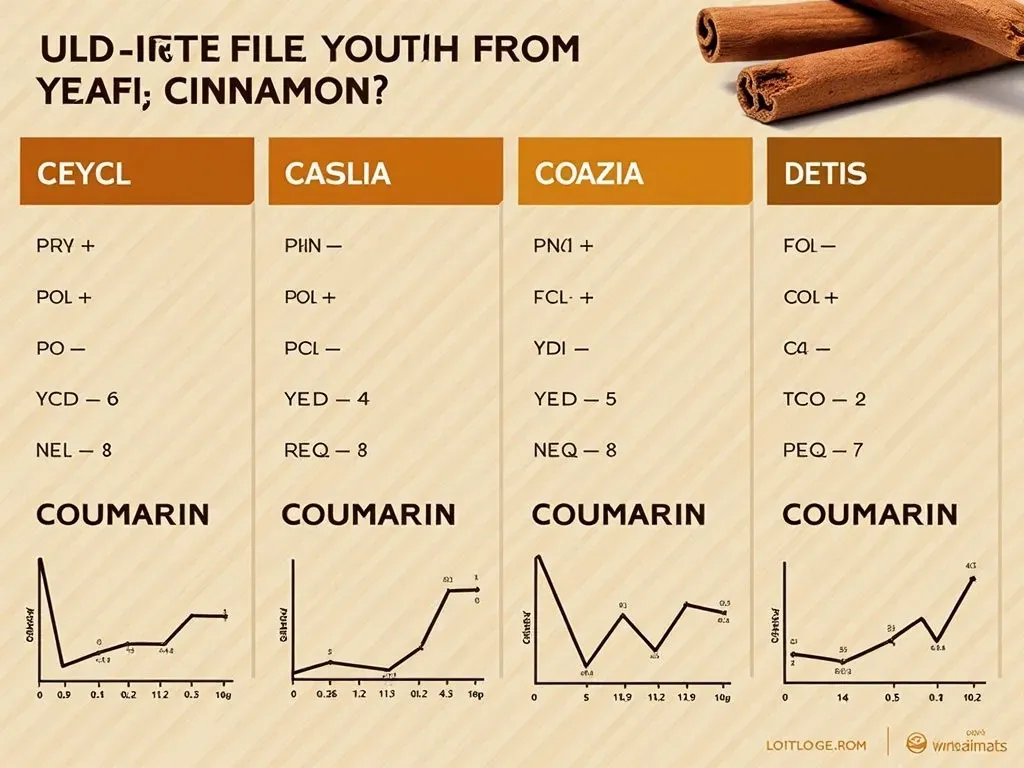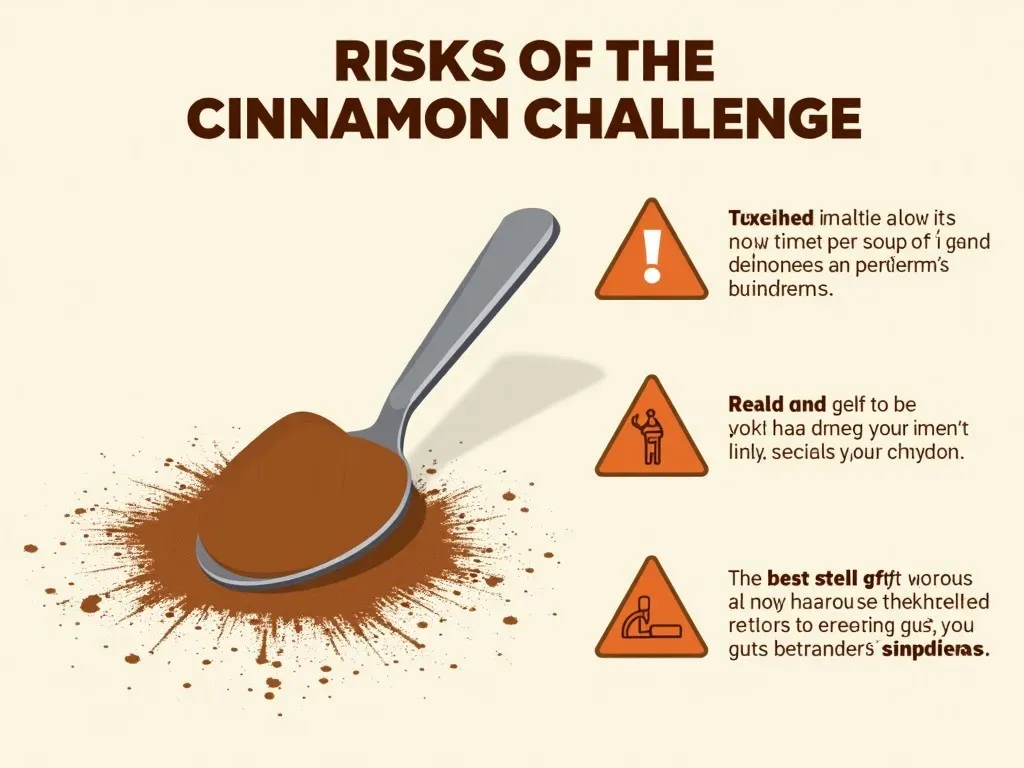Cinnamon is a beloved spice used in various culinary delights, but the question remains: can cinnamon kill you? While cinnamon does offer some health benefits, excessive consumption can lead to serious health issues that might surprise you.
The Risks of Cinnamon Consumption
Cinnamon is enjoyed by many as an essential ingredient in everything from lattes to baked goods. However, caution is necessary regarding how much cinnamon is consumed. Here are some critical insights regarding its risks:
1. Coumarin Content and Liver Damage
One of the primary concerns associated with cinnamon, particularly the common Cassia variety, is its high coumarin content. Coumarin is a natural compound that, in large amounts, can lead to liver toxicity. Research suggests that excessive intake can cause significant liver damage, and some studies have linked high coumarin consumption with cancer risks.
| Type of Cinnamon | Coumarin Content (ppm) |
|---|---|
| Cassia | 5,000-12,000 |
| Ceylon | < 5 |
Safe Daily Intake: The European Food Safety Authority suggests a limit of 0.1 mg of coumarin per kg of body weight per day to avoid adverse effects.
2. Potential for Allergic Reactions
Some individuals might experience allergic reactions to cinnamon, ranging from mild irritation to more severe symptoms. The allergic response can manifest in the following ways:
- Skin irritation or rashes
- Difficulty breathing
- Gastrointestinal problems
In extreme cases, it can trigger anaphylactic shock, a life-threatening condition that requires urgent medical intervention.
3. Inhalation Hazards
AnOther concern arises from the popular challenge of consuming a teaspoon of cinnamon without drinking water, known as the Cinnamon Challenge. Inhaling cinnamon can cause aspiration pneumonia, which results from cinnamon dust entering the lungs. Symptoms of this condition include:
- Coughing
- Difficulty breathing
- Chest pain
4. Interference with Medications
Cinnamon can also interact with various medications and affect blood sugar levels. In particular, it can amplify the effects of diabetes medications, leading to dangerously low blood sugar levels.
Safe Consumption Levels
To mitigate the risks associated with cinnamon, adhering to recommended daily intake levels is essential. Most health experts agree that up to 1 teaspoon (2-4 grams) of cinnamon per day is safe for most individuals. Below are some suggestions regarding safe practices for cinnamon consumption:
- Ceylon Cinnamon: Prefer using Ceylon cinnamon, which contains significantly less coumarin than the Cassia variety.
- Moderation: Avoid consuming large amounts at once (such as in the Cinnamon Challenge) and instead, sprinkle it on food gradually.
Suggested Measurement Guidelines
Here’s a quick reference table to guide you on safe cinnamon consumption levels:
| Age Group | Recommended Daily Intake |
|---|---|
| Children (1-3) | 1/4 teaspoon |
| Children (4-8) | 1/2 teaspoon |
| Adolescents (9-18) | 1 teaspoon |
| Adults | 1 teaspoon (2-4 grams) |
Frequently Asked Questions (FAQs)
Q: Can eating a tablespoon of cinnamon kill you?
A: While it’s highly unlikely that a single tablespoon will cause immediate death, eating such large amounts can lead to severe health issues, including aspiration pneumonia, allergic reactions, and liver damage over time.
Q: What happens if you inhale cinnamon smoke?
A: Inhaling cinnamon can lead to respiratory issues and lung irritation, including coughing, shortness of breath, and even aspiration pneumonia.
Q: What are the health benefits of consuming cinnamon?
A: Moderate consumption of cinnamon can provide health benefits such as:
- Lowering blood sugar levels
- Reducing inflammation
- Improving heart health
Q: Is Ceylon cinnamon safer than Cassia?
A: Yes, Ceylon cinnamon is considered safer due to its lower coumarin content.
Conclusion
Cinnamon is a potent spice that can enhance flavor and provide some health benefits. However, it is essential to be aware of the risks associated with excessive consumption. By adhering to recommended intake levels, avoiding inhalation of the powder, and choosing Ceylon over Cassia variety, you can enjoy this spice safely.
For additional information on cinnamon and its effects, you can visit Healthline.



By being informed about the potential dangers and safe practices associated with cinnamon, you can enjoy its rich flavors without putting your health at risk.
